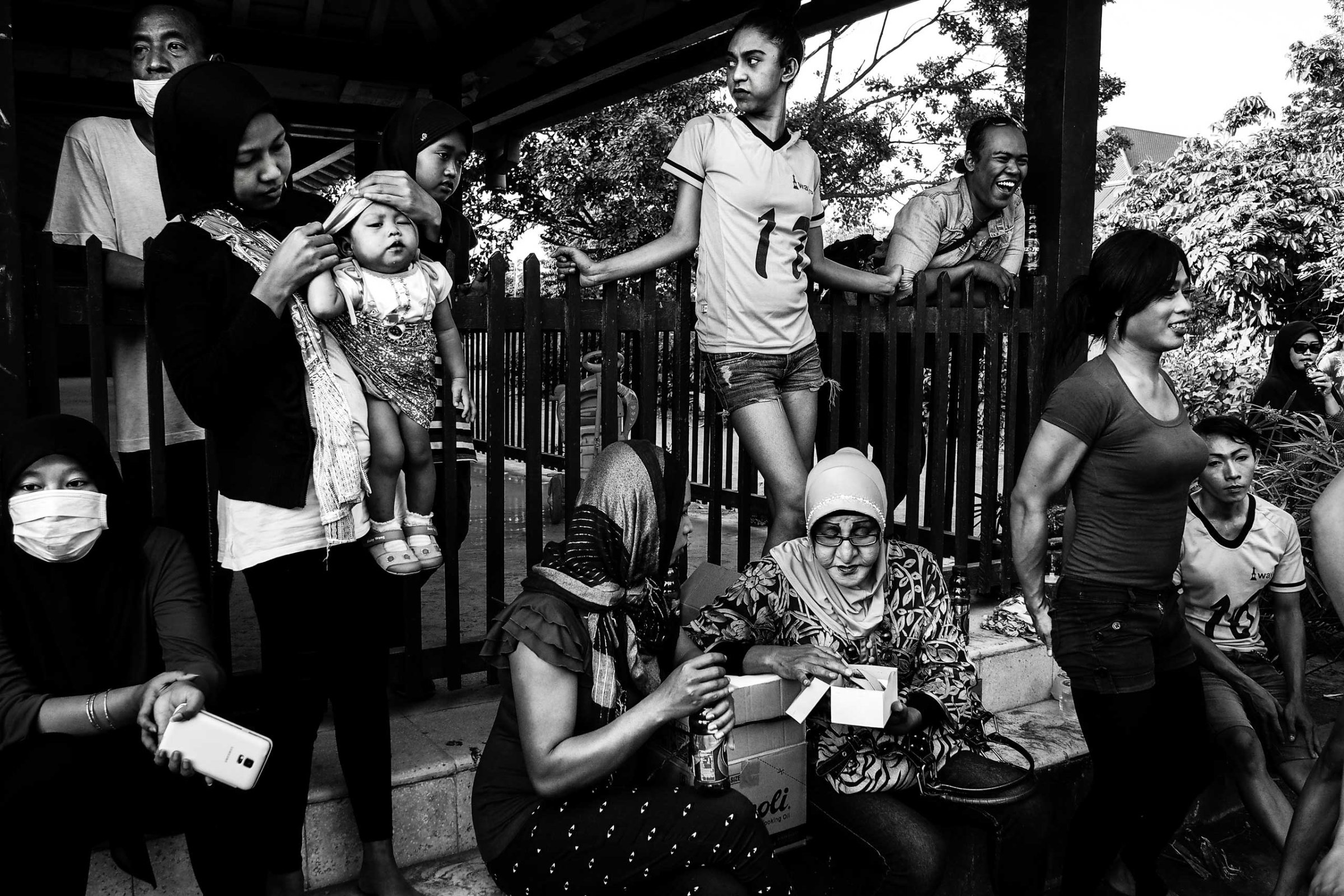
When Shinta Ratri visits her family in Yogyakarta, the Indonesian city where she still lives, she sits outside her family’s home and waits. She hasn’t been allowed inside since she was 16, when as a young boy she told her family she identified as a girl.
Today, Shinta, 53, is one of the leading transgender activists in the country. She runs Pondok Pesantren Waria, an Islamic boarding school for Indonesia’s so-called waria, a portmanteau of the Indonesian words for woman (wanita) and man (pria). The school, in Shinta’s own home in Yogyakarta on the island of Java, provides a tight-knit community for transgender women from across the country who may face discrimination at home.
“They come to Yogyakarta just because they know about this school,” says Fulvio Bugani, an Italian photographer who spent nearly three weeks living with the waria community at the school. “They know that there they can pray and live like a woman in a good atmosphere.”
Bugani’s powerful images depict the daily lives of the school’s diverse waria community, and one of his shots was awarded third prize in the World Press Photo’s Contemporary Issues category this year.
About 10 women live at the school, according to Bugani, though the numbers fluctuate. Many of them make a living as sex workers or street performers, unable to find work in other areas, but the school offers a comfortable environment where, Bugani says, they can be themselves.
It also provides a unique place for the waria to pray. In Indonesia, the country with the world’s largest Muslim population, mosques are typically segregated by gender and the transgender women are reluctant to join or barred from participating in either group. But Shinta has ensured that the women can pray together at the school.
“She is very proud to be a woman and also to be a Muslim,” Bugani says. “She wants to help the other waria to become like her.”
Bugani joined Shinta on one of her semiannual visits to her family’s home and watched as she sat outside, waiting. Then, in what has become something of a ritual, her mother emerged.
“You know, a mother is always a mother,” Bugani says.
Fulvio Bugani is a freelance photographer based in Bologna, Italy.
Mikko Takkunen, who edited this photo essay, is an Associate Photo Editor at TIME. Follow him on Twitter @photojournalism.
Noah Rayman is a reporter at TIME.
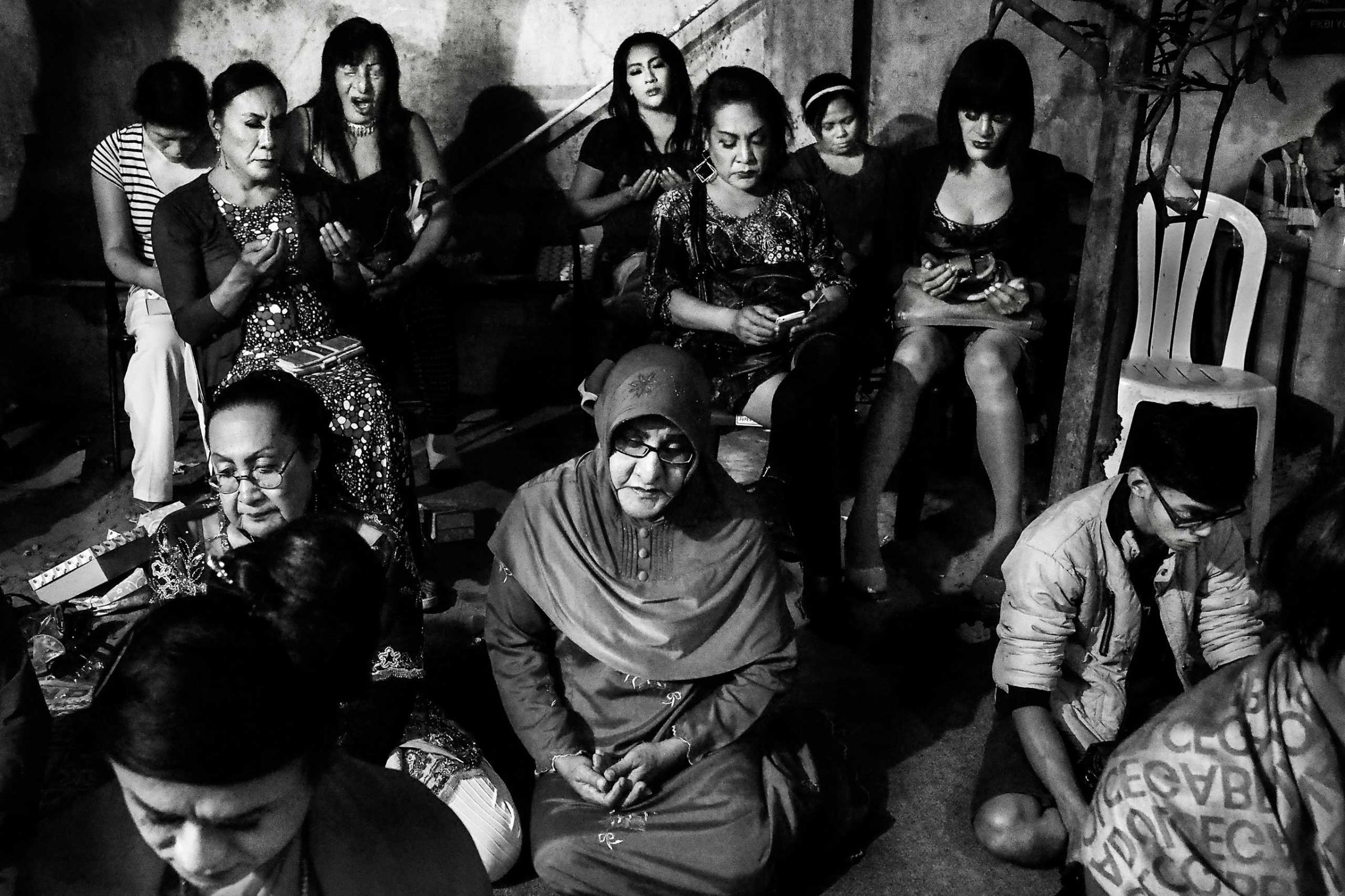
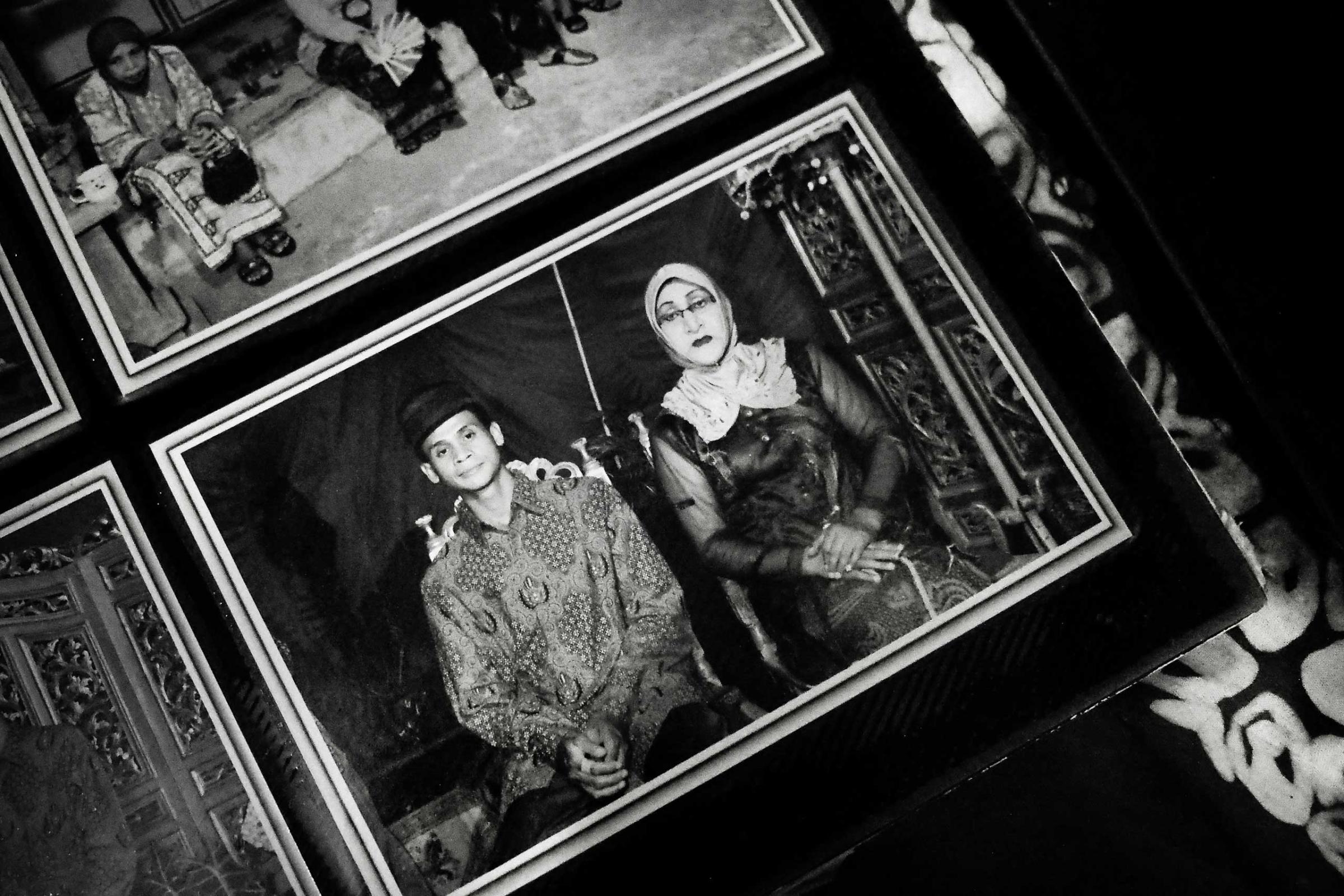
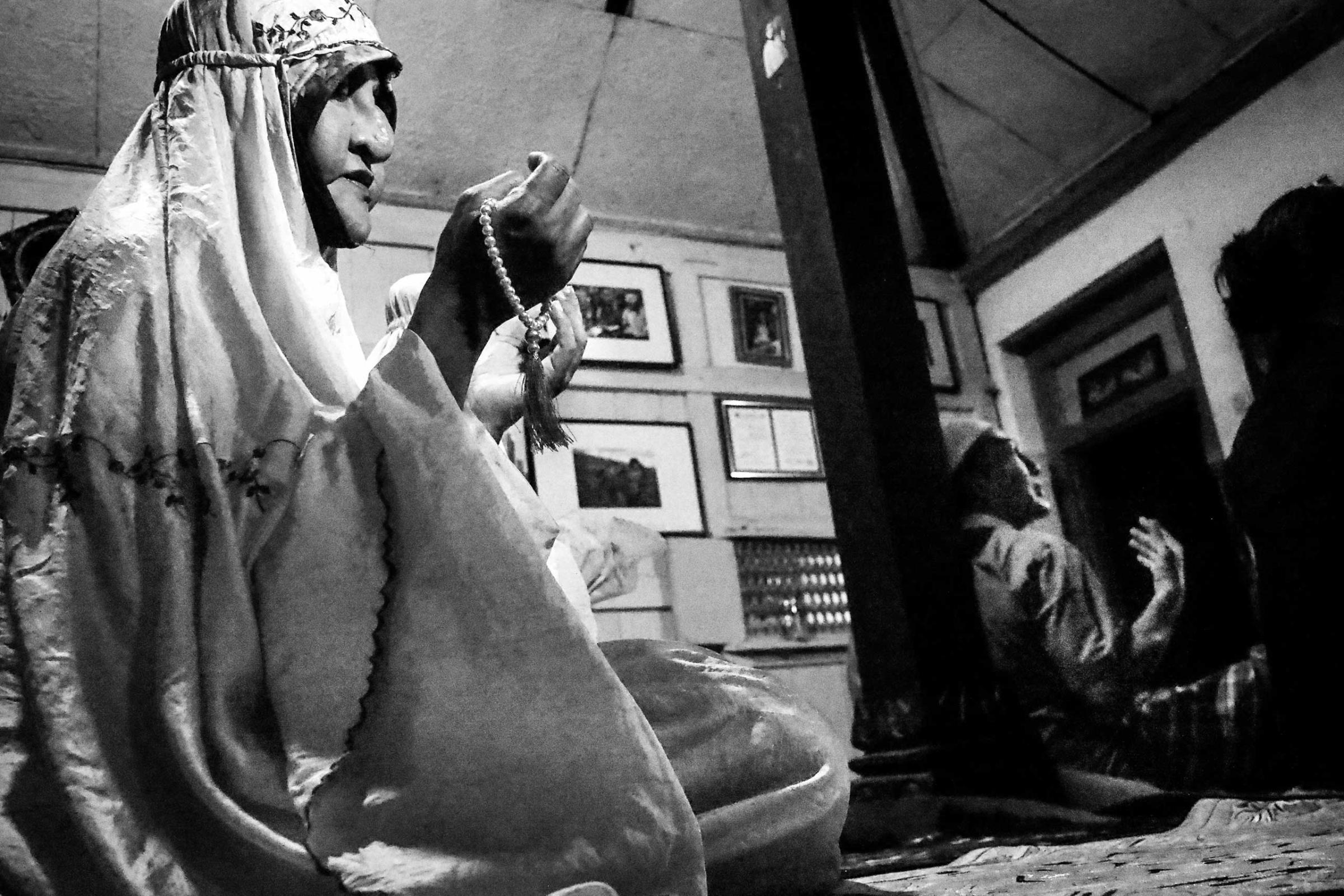
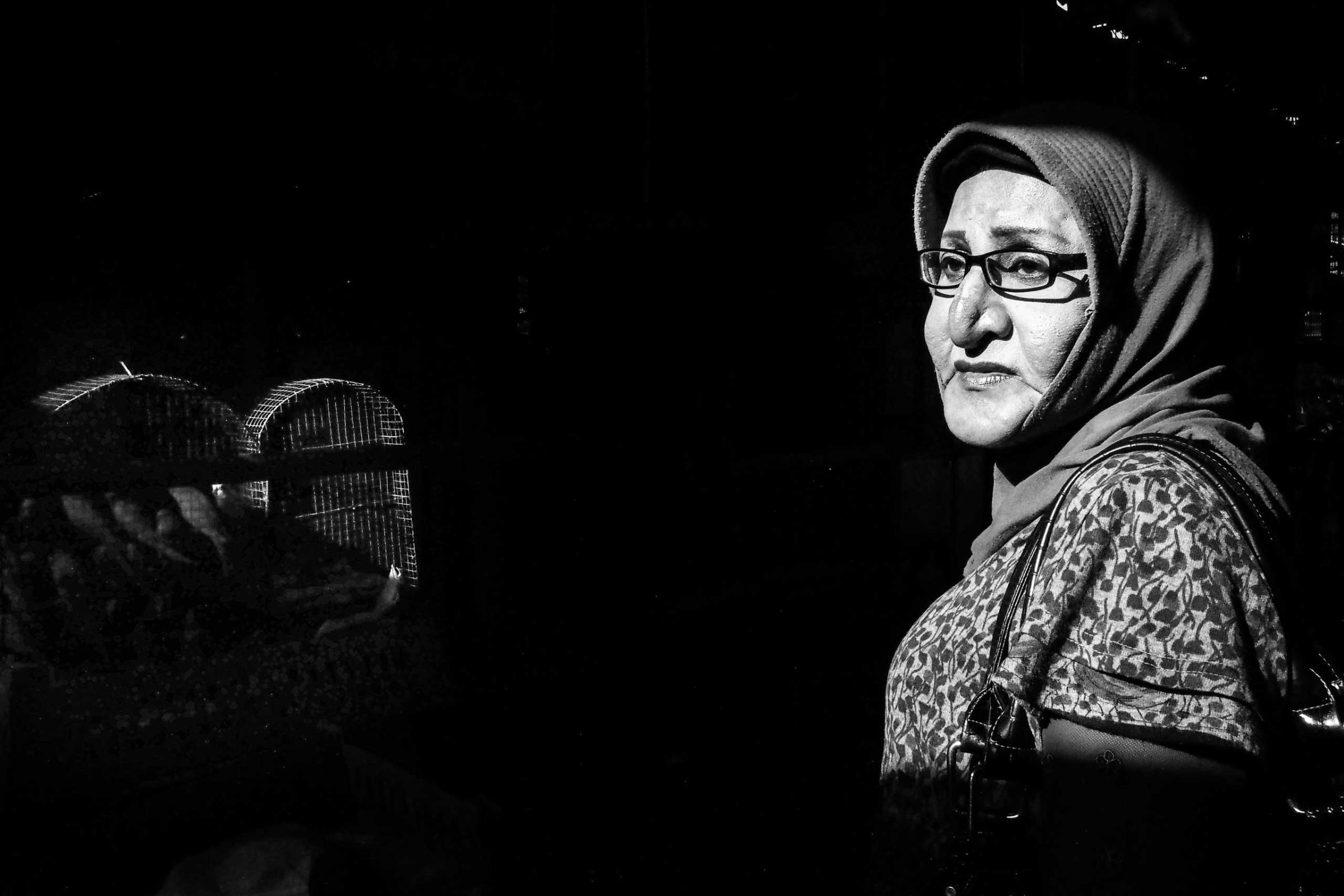
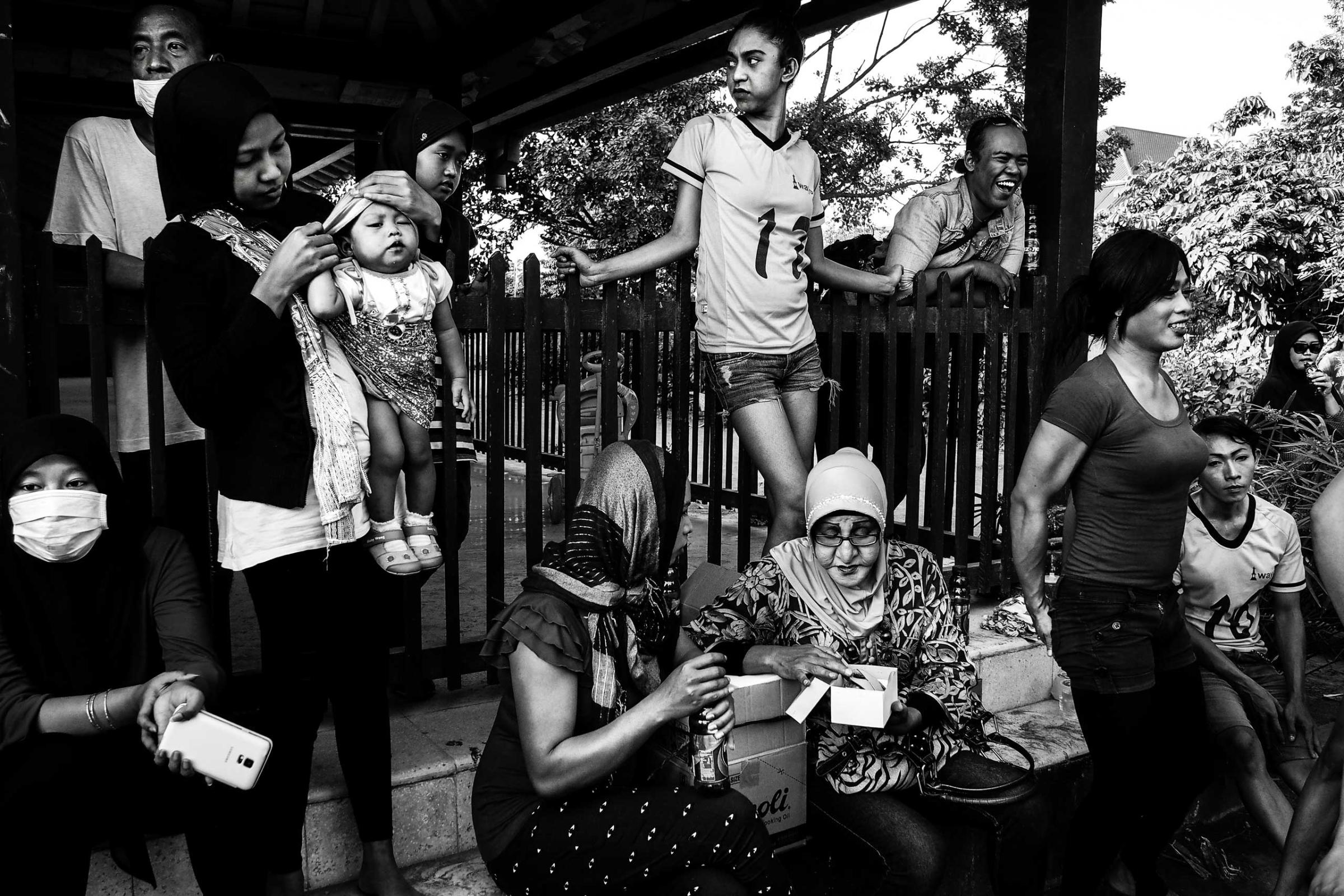
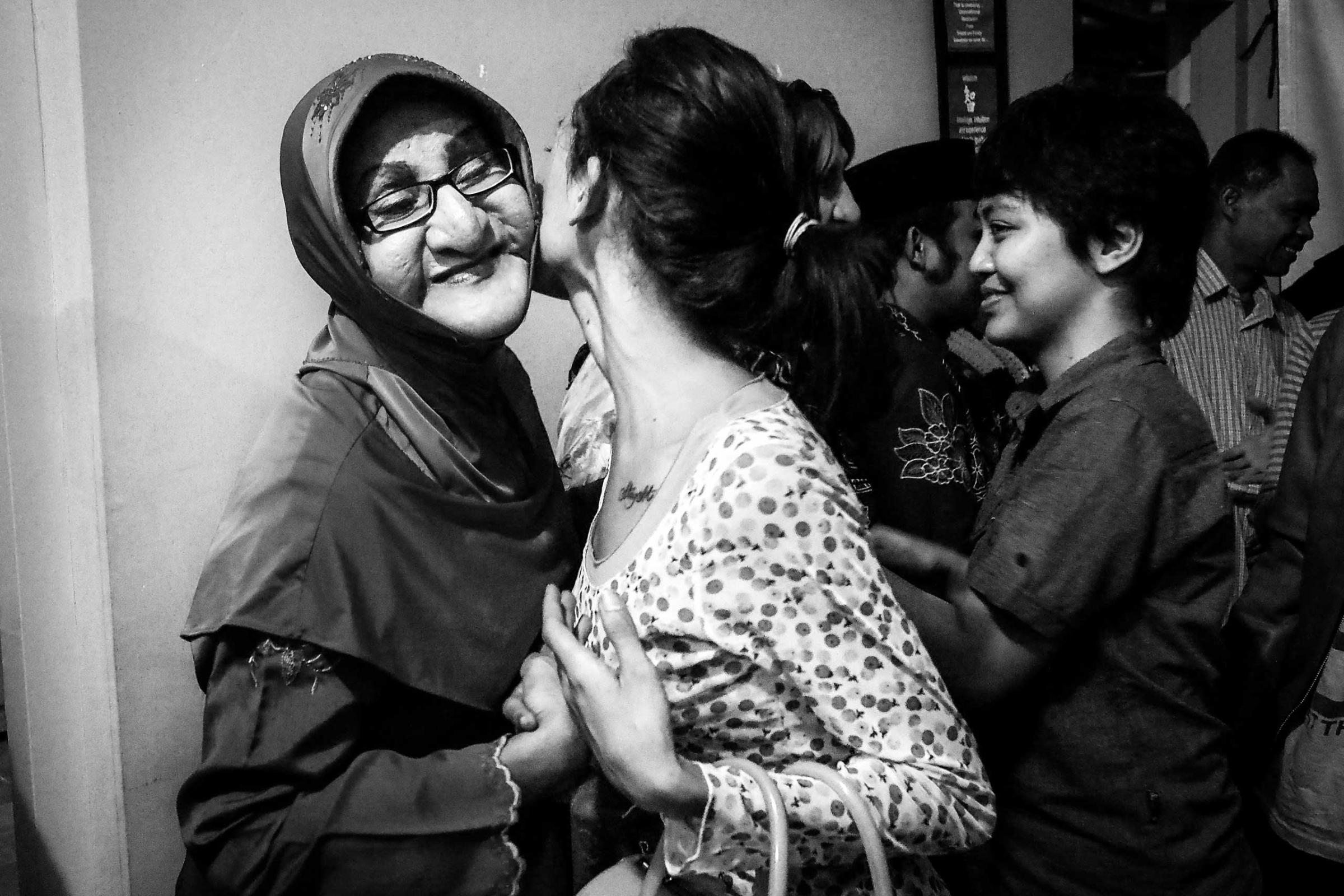
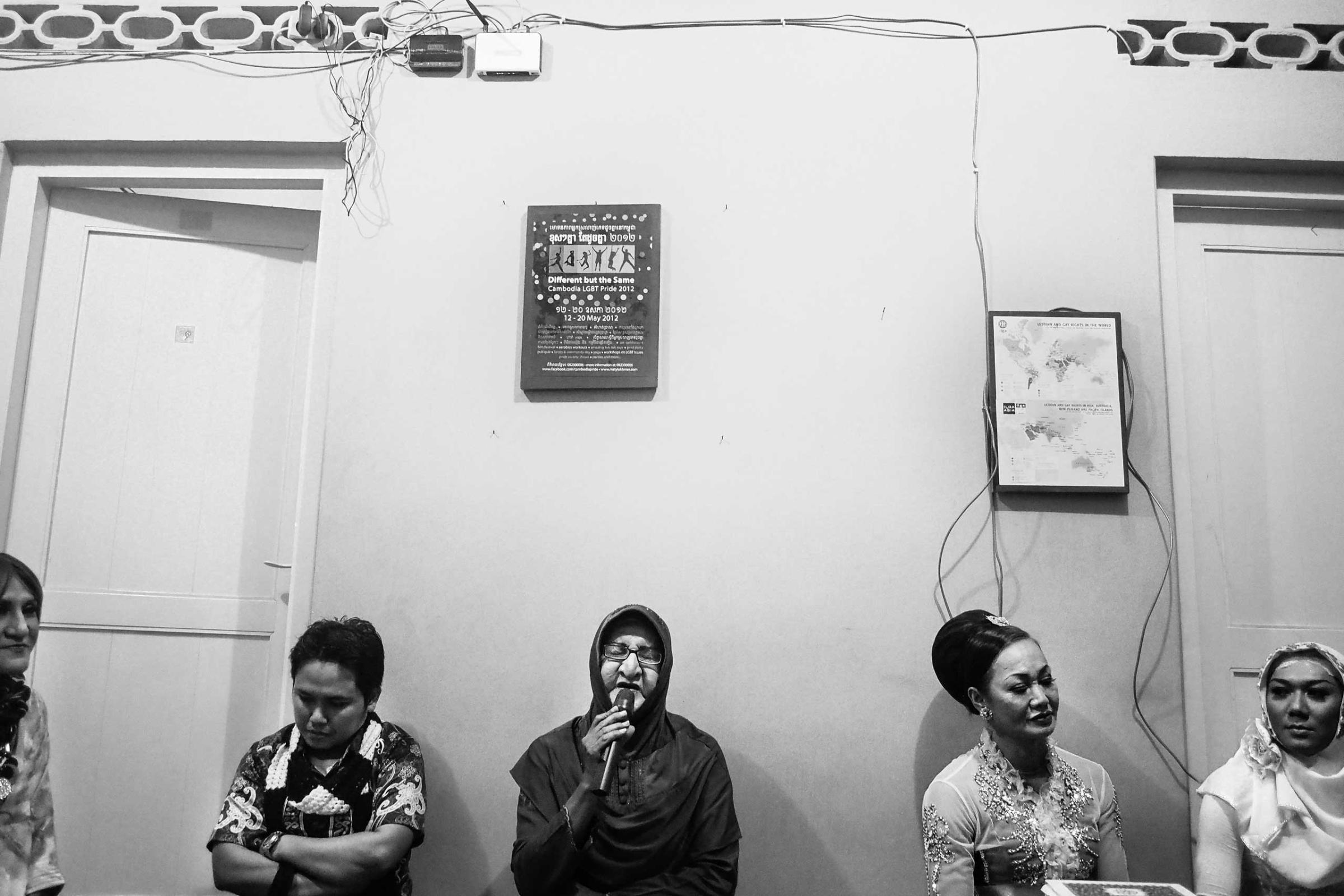
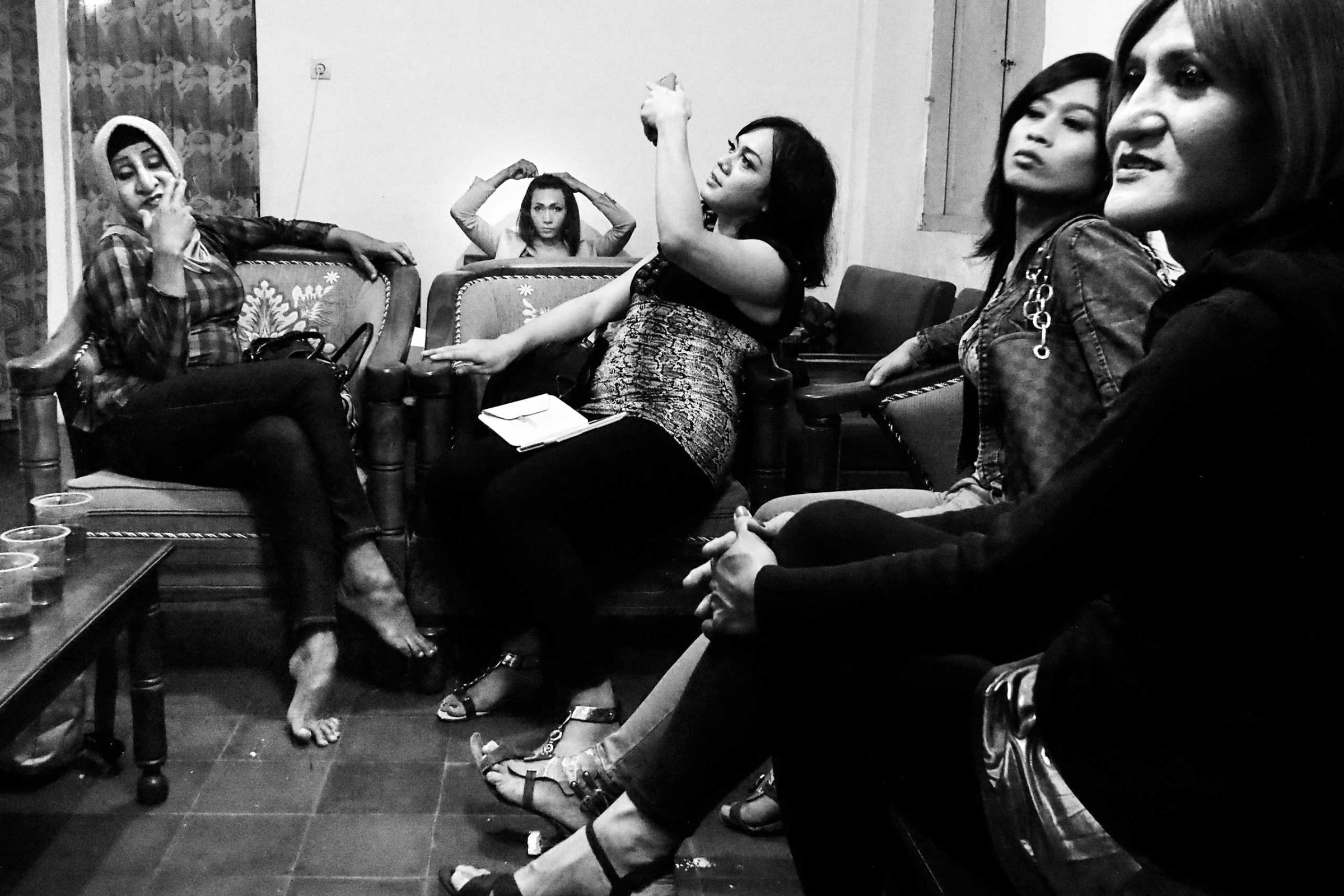
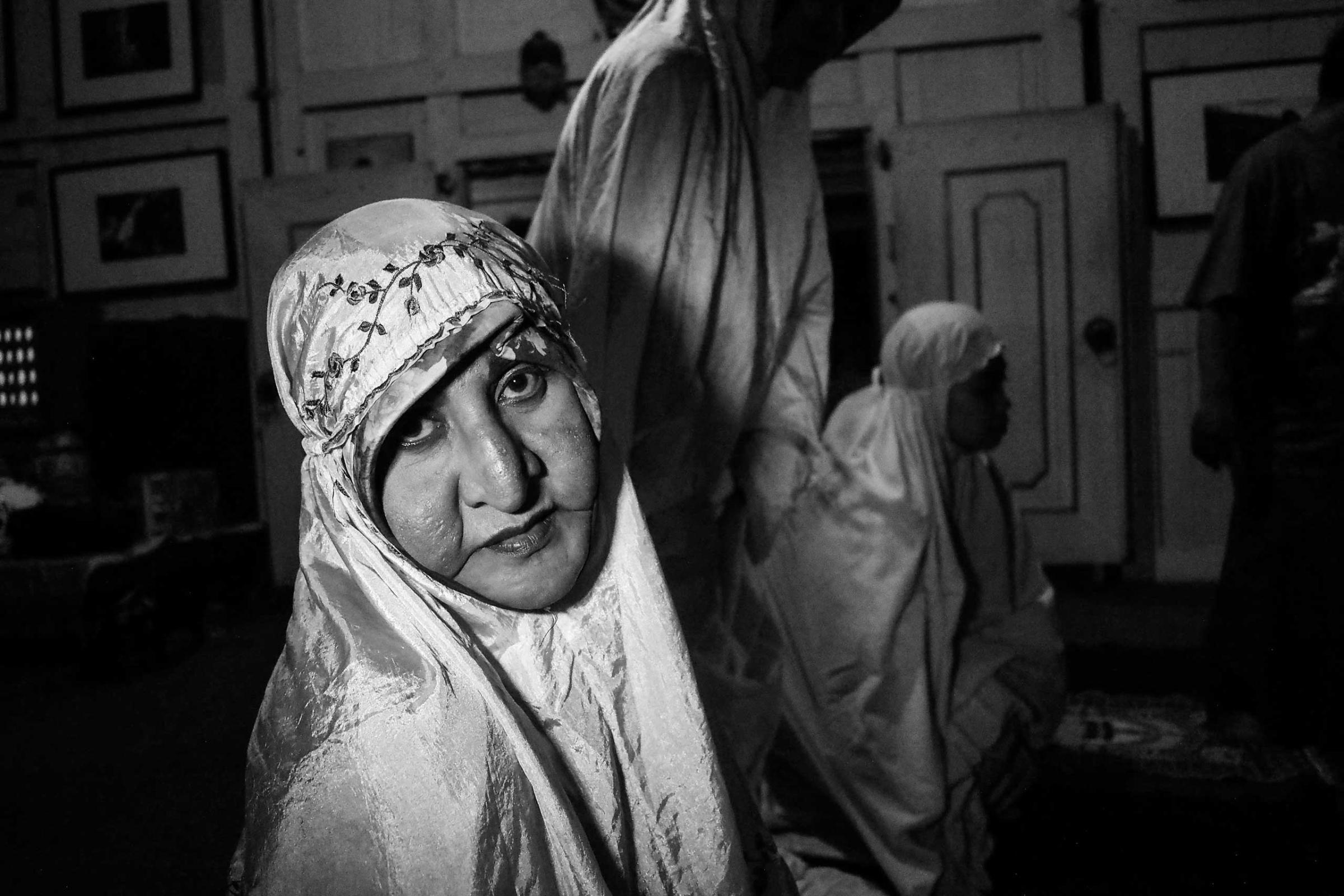
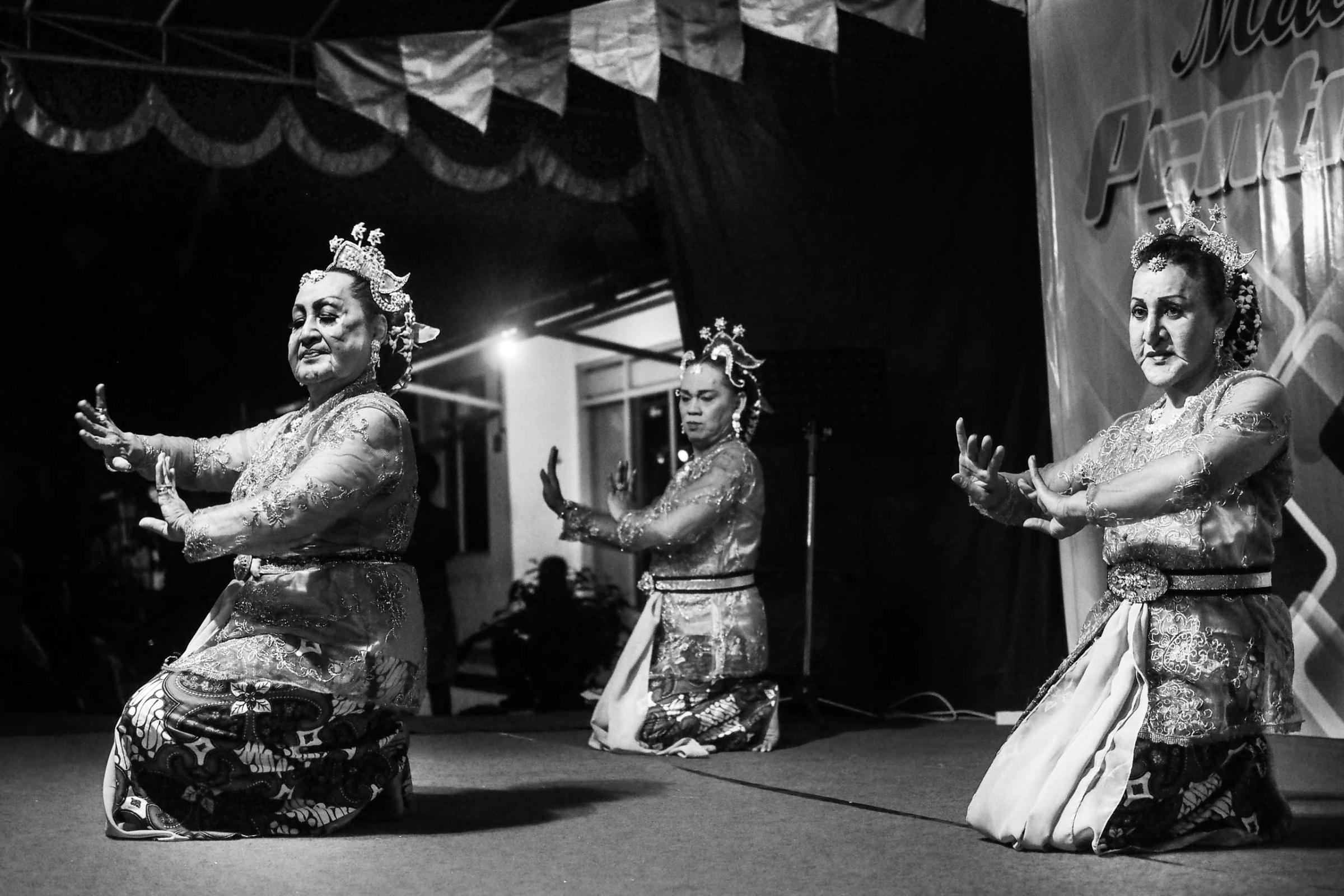
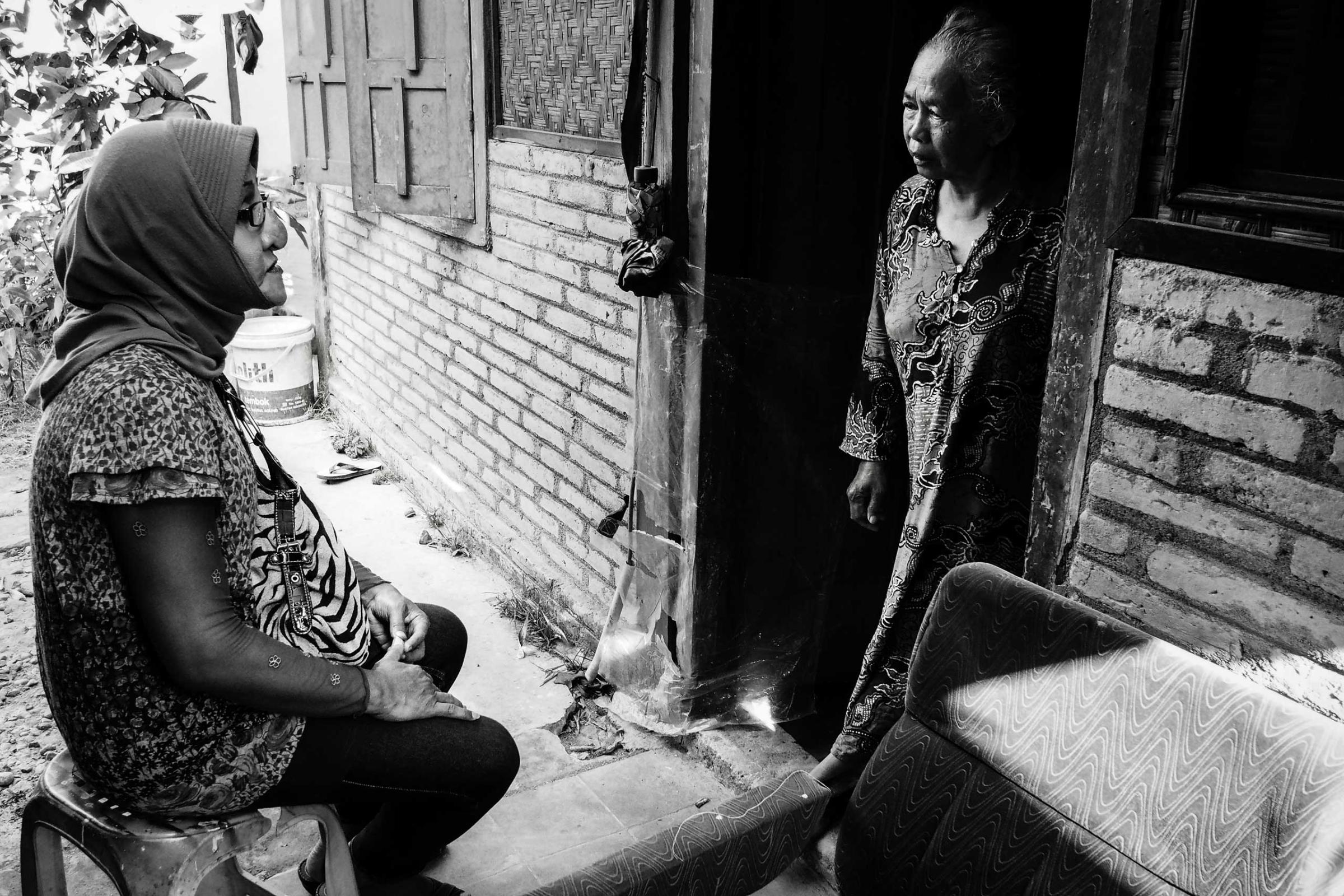
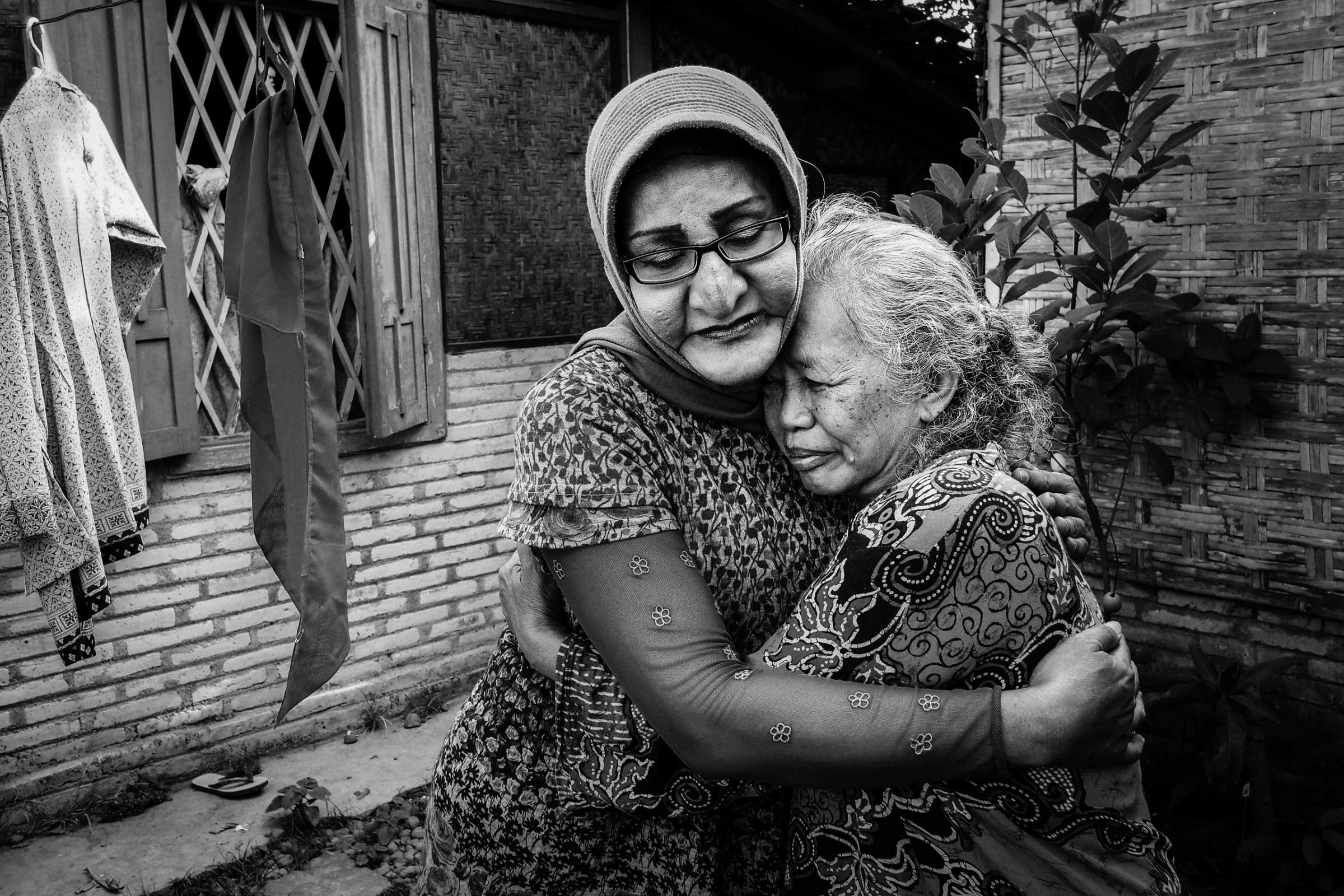
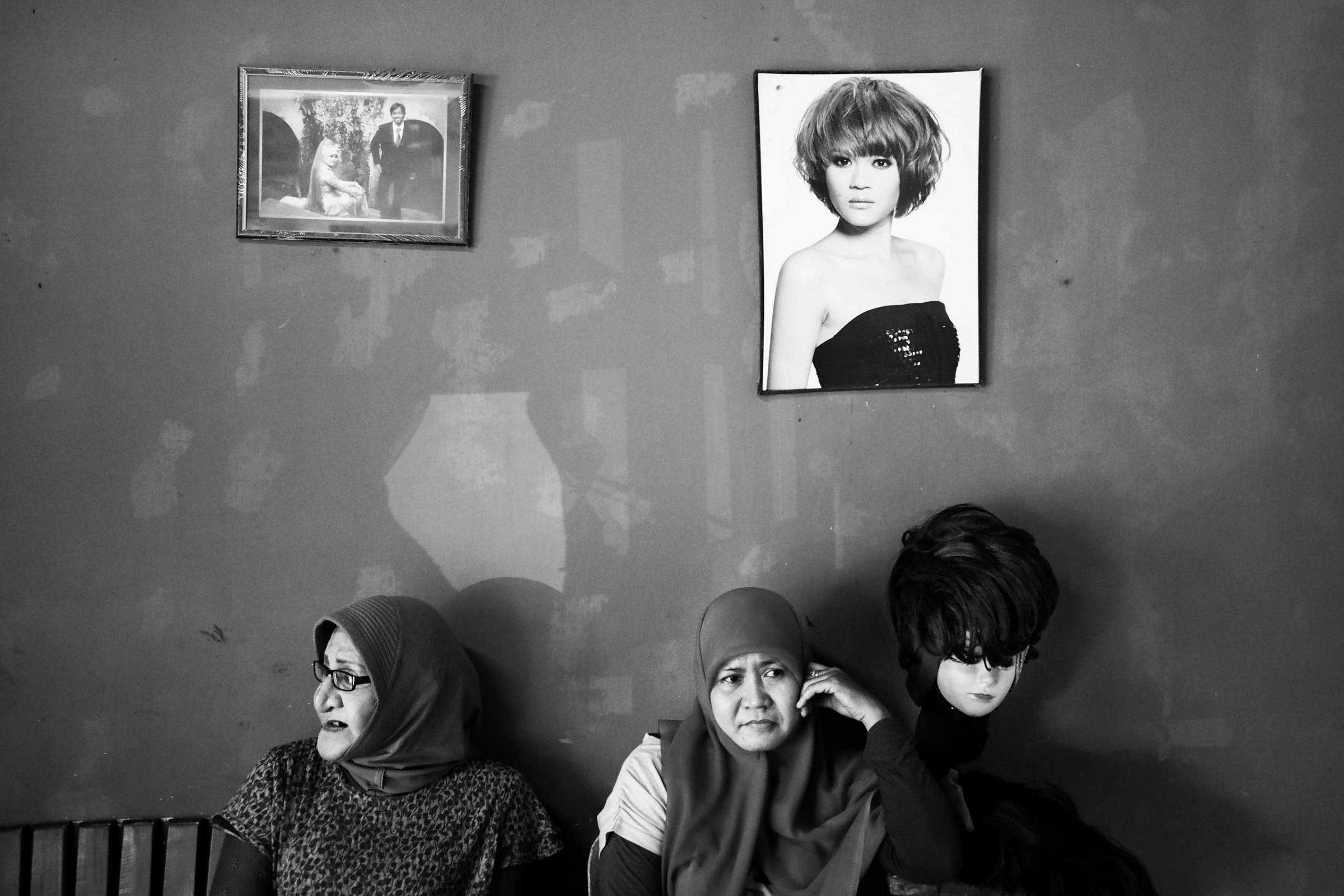
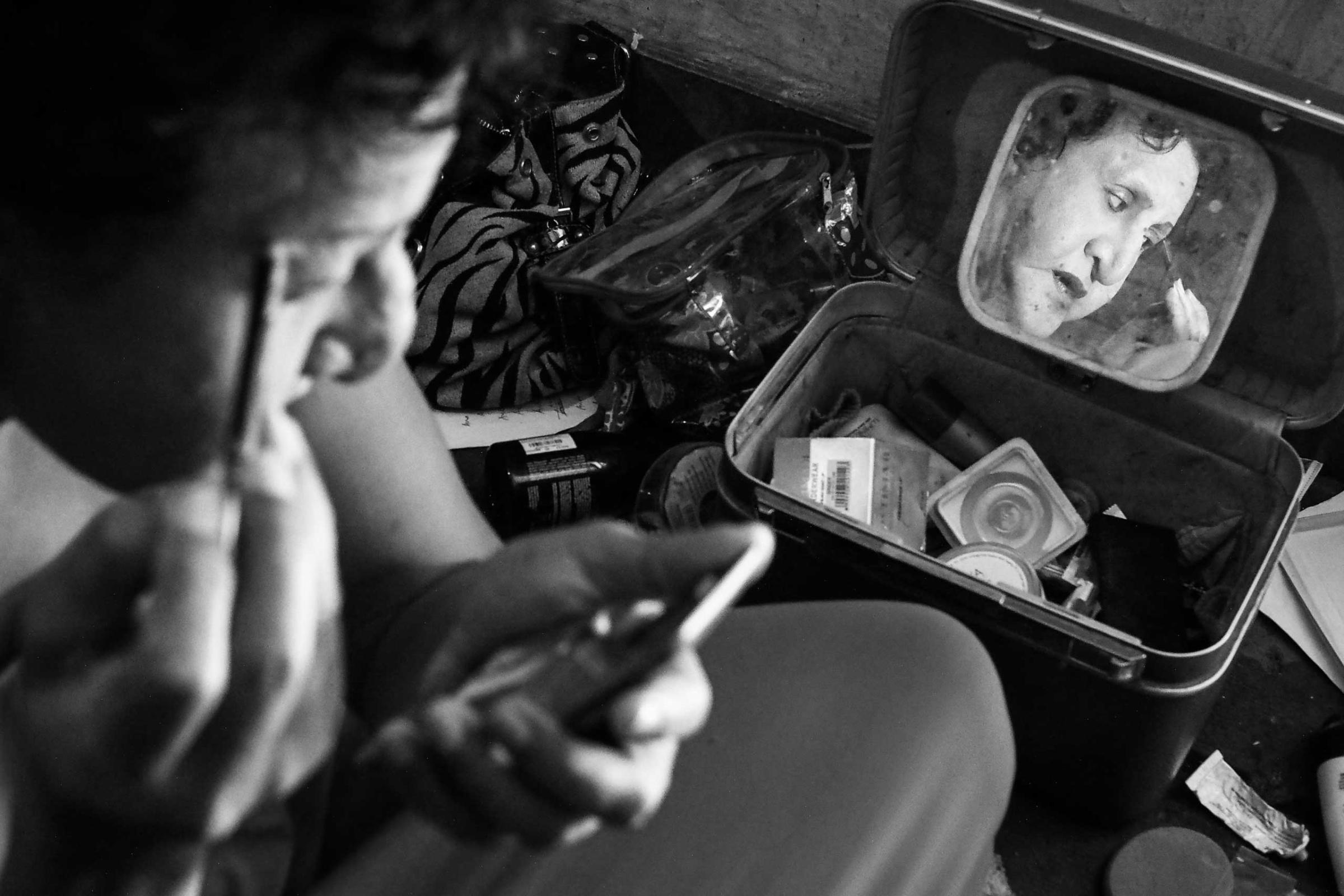
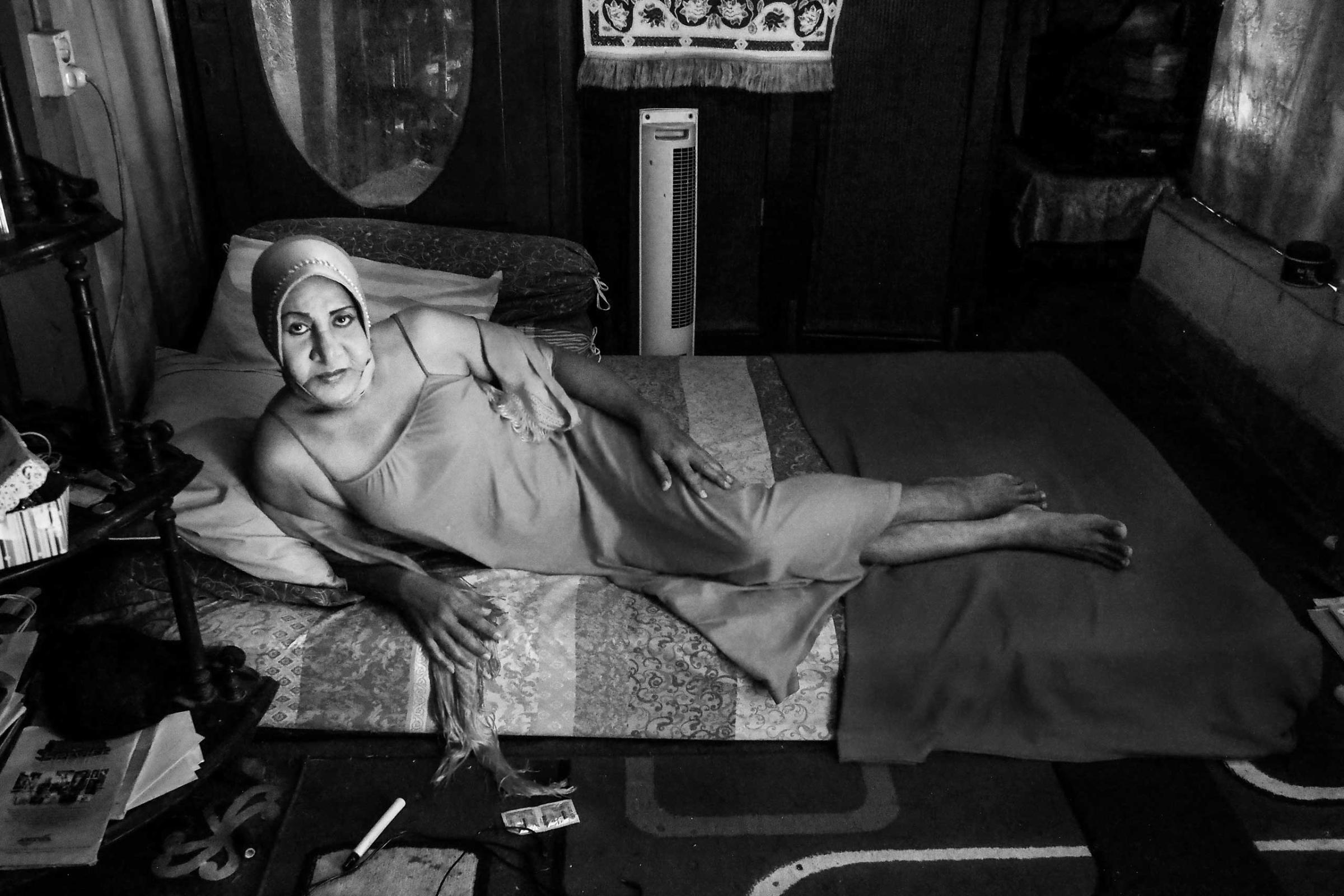
More Must-Reads from TIME
- Cybersecurity Experts Are Sounding the Alarm on DOGE
- Meet the 2025 Women of the Year
- The Harsh Truth About Disability Inclusion
- Why Do More Young Adults Have Cancer?
- Colman Domingo Leads With Radical Love
- How to Get Better at Doing Things Alone
- Michelle Zauner Stares Down the Darkness
Write to Noah Rayman at noah.rayman@time.com